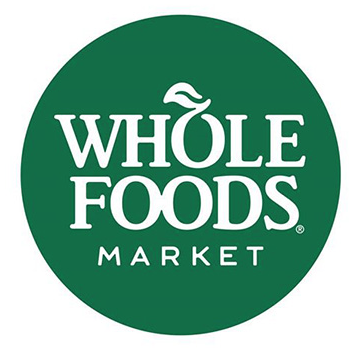Amazon-owned Whole Foods Market informed customers last week that a recent hacker attack aimed at its payment systems affected nearly 100 locations across the United States.
Whole Foods has set up a webpage where customers are being provided some details about the breach. The page allows users to check if the store they made purchases in has been hit.
According to the company, cybercriminals may have stolen payment cards used at taprooms and full table-service restaurants in various cities in Alabama, Arizona, Arkansas, California, Colorado, District of Columbia, Florida, Georgia, Hawaii, Idaho, Illinois, Indiana, Kansas, Maine, Michigan, Minnesota, Missouri, Nevada, New Hampshire, New Jersey, New Mexico, New York, North Carolina, Ohio, Oregon, Pennsylvania, Tennessee, Texas, Virginia, Washington and Wisconsin. The largest number of affected locations is in California.
Whole Foods said it had learned of unauthorized access to some payment systems on September 23 and replaced affected point-of-sale (PoS) devices by September 28. However, the investigation conducted by the firm in collaboration with cybersecurity forensics experts revealed that hackers had gained access to some stores in as early as March 10.
The malware planted on PoS systems was designed to collect cardholder names, account numbers, card expiration dates, and internal verification codes.
The supermarket chain pointed out that the incident only impacted payment systems at taprooms and restaurants within stores. Payments made at primary store checkout systems were not affected. The company has also highlighted that the breach does not impact Amazon.com, which uses separate systems.
The web page set up by the company to provide information about the breach includes recommendations on how customers can protect themselves and how to avoid being liable for any fraudulent charges on their credit and debit cards.
Fast food restaurant chain Sonic Drive-In also confirmed this month that it had suffered a payment card breach. It’s unclear how many locations are affected, but some experts reported that millions of cards may have been stolen in the attack.
Related: Kmart Payment Systems Infected With Malware













